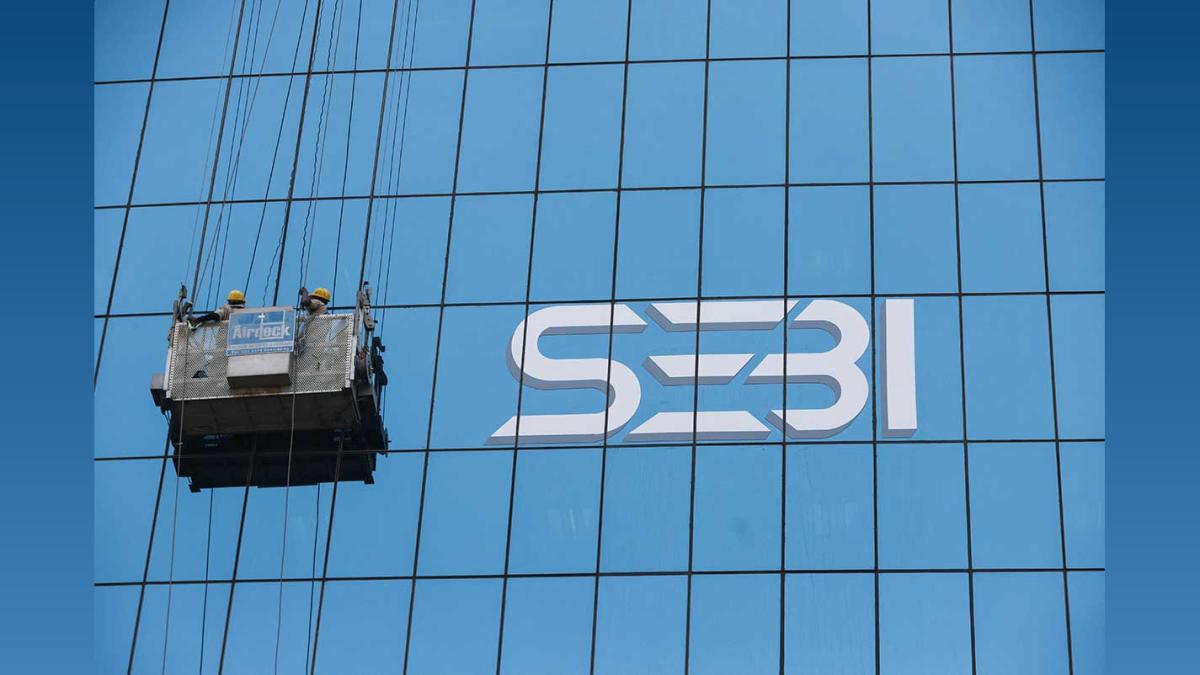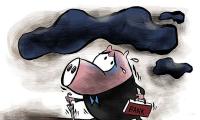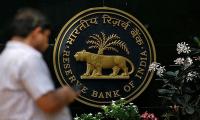Sebi Proposes Changes for Debenture Trustees
Sebi proposes separating non-regulated activities for debenture trustees, defining 'cross-default', and standardizing procedures. Public comments are sought by November 18.

Photograph: Francis Mascarenhas/Reuters
New Delhi, Nov 4 (PTI) Sebi on Monday proposed that debenture trustees separate non-market watchdog-regulated activities into a new legal entity and define "cross-default" to clarify their roles in shared security interests.
Additionally, the new provisions have been proposed to outline debenture trustees' (DT) rights and responsibilities, aligning with their fiduciary duties and obligations under Sebi's Listing Obligations and Disclosure Requirements (LODR) Regulations.
These changes aim to support timely fulfillment of DT duties.
The regulator has proposed changes to how the Recovery Expense Fund is used, which supports debenture recovery processes and suggested to standardize the format of Debenture Trust Deeds to streamline documentation.
These proposals are aimed at improving ease of doing business for debenture trustees.
In its consultation paper, the regulator proposed that DTs should hive off non-Sebi-regulated activities into a new legal entity, which cannot use the DT's brand name after a one-year transition period. This entity can share resources but should have separate legal liability.
The separated entity would fall under the jurisdiction of the relevant financial regulator for those activities. This will clarify who handles investor grievances related to non-Sebi-regulated services.
Some DT services are under other financial regulators, but others lack a clear regulatory authority, posing potential risks.
Currently, Sebi regulations for DTs don't specify restrictions for other services that these entities may perform outside the markets regulator's direct purview. This includes services like securitization trustee, escrow agent, and monitoring agent roles.
DTs handle both Sebi-regulated activities such as listed non-convertible debentures, REITs and non-Sebi activities like securitization and public deposit trusteeship Data from major DTs in FY 2022-23 and FY 2023-24 suggested that nearly 30 per cent of their revenue comes from activities under Sebi's purview (like listed NCDs and REIT trustees), and the rest comes from activities regulated by other authorities.
Sebi said that cross-default shall mean specification in a debt security that default in another debt security triggers default in the first mentioned debt security, and therefore in the said ISIN.
Also, it has suggested aggregating debenture holders across different ISINs (International Securities Identification Numbers) for decision-making and voting process.
The Securities and Exchange Board of India (Sebi) has sought public comments on these proposals by November 18.
Additionally, the new provisions have been proposed to outline debenture trustees' (DT) rights and responsibilities, aligning with their fiduciary duties and obligations under Sebi's Listing Obligations and Disclosure Requirements (LODR) Regulations.
These changes aim to support timely fulfillment of DT duties.
The regulator has proposed changes to how the Recovery Expense Fund is used, which supports debenture recovery processes and suggested to standardize the format of Debenture Trust Deeds to streamline documentation.
These proposals are aimed at improving ease of doing business for debenture trustees.
In its consultation paper, the regulator proposed that DTs should hive off non-Sebi-regulated activities into a new legal entity, which cannot use the DT's brand name after a one-year transition period. This entity can share resources but should have separate legal liability.
The separated entity would fall under the jurisdiction of the relevant financial regulator for those activities. This will clarify who handles investor grievances related to non-Sebi-regulated services.
Some DT services are under other financial regulators, but others lack a clear regulatory authority, posing potential risks.
Currently, Sebi regulations for DTs don't specify restrictions for other services that these entities may perform outside the markets regulator's direct purview. This includes services like securitization trustee, escrow agent, and monitoring agent roles.
DTs handle both Sebi-regulated activities such as listed non-convertible debentures, REITs and non-Sebi activities like securitization and public deposit trusteeship Data from major DTs in FY 2022-23 and FY 2023-24 suggested that nearly 30 per cent of their revenue comes from activities under Sebi's purview (like listed NCDs and REIT trustees), and the rest comes from activities regulated by other authorities.
Sebi said that cross-default shall mean specification in a debt security that default in another debt security triggers default in the first mentioned debt security, and therefore in the said ISIN.
Also, it has suggested aggregating debenture holders across different ISINs (International Securities Identification Numbers) for decision-making and voting process.
The Securities and Exchange Board of India (Sebi) has sought public comments on these proposals by November 18.
You May Like To Read
TODAY'S MOST TRADED COMPANIES
- Company Name
- Price
- Volume
- Vodafone-Idea-L
- 11.36 ( -2.49)
- 94664837
- AvanceTechnologies
- 1.16 (+ 4.50)
- 34522155
- Sunshine-Capital
- 0.26 ( -3.70)
- 29015901
- Alstone-Textiles
- 0.27 ( -3.57)
- 28695959
- Mehai-Technology
- 1.65 ( -4.62)
- 28262795






